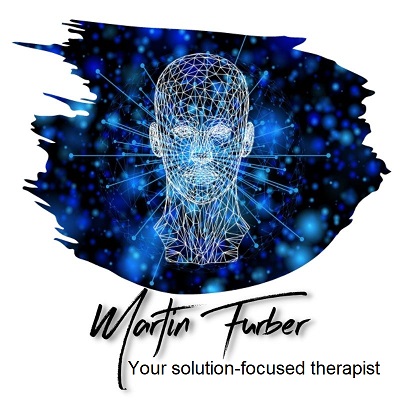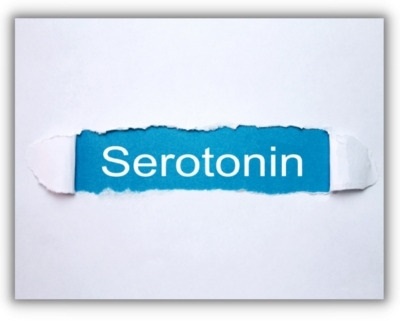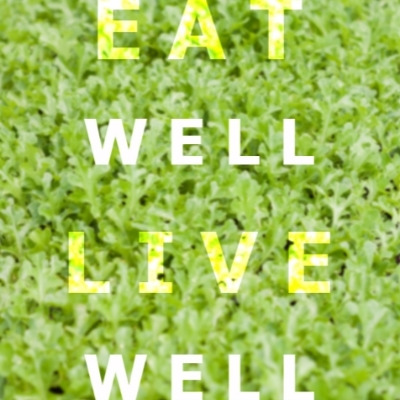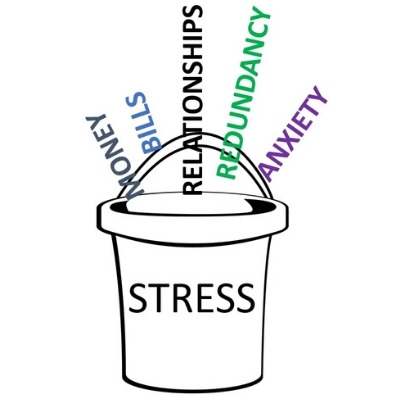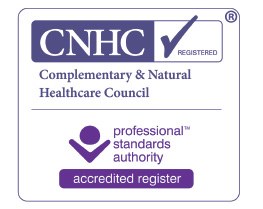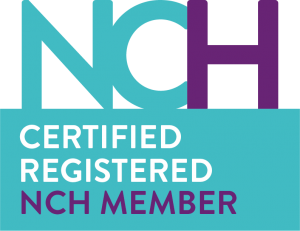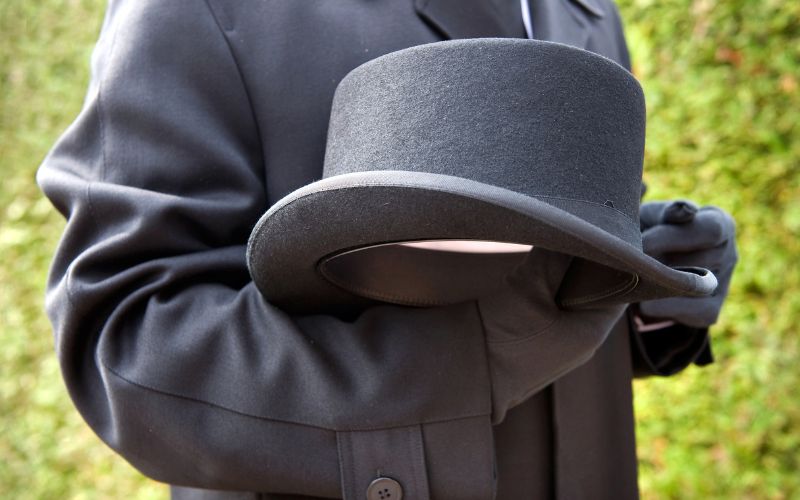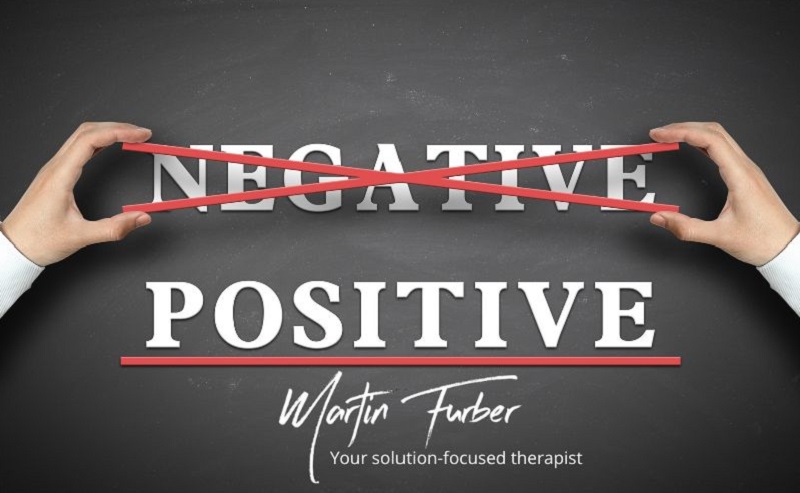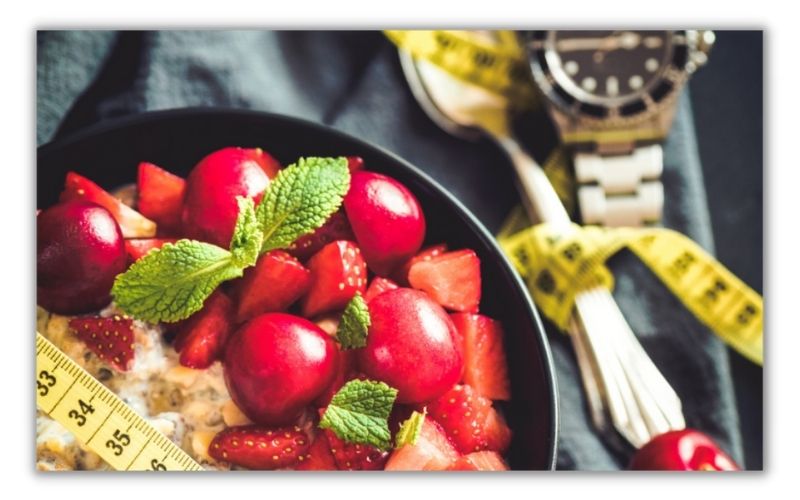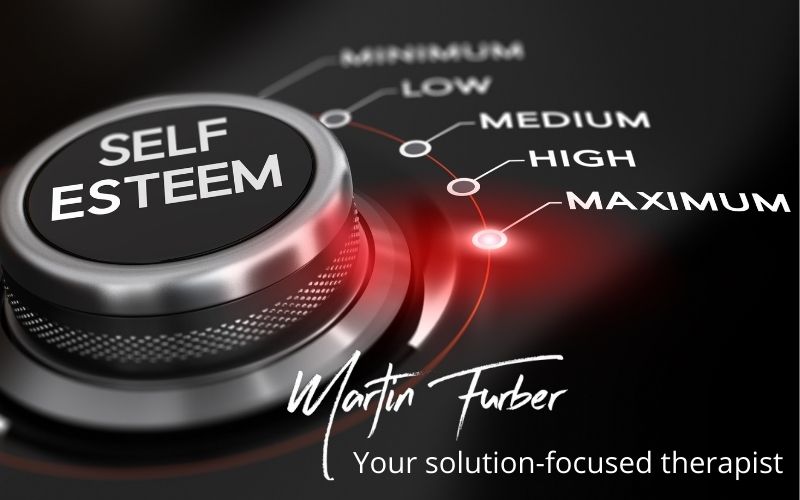| Tips For Self Care11 April 2022 | Admin
Tips for self careBy Martin Furber Solution-focused hypnotherapist & psychotherapistThank you for checking out my blog. Given that you’re spending your valuable time reading this, the least I can do is furnish you with a little background information and substantiate the tips for self-care that I am offering you on here. In brief, I am a registered solution-focused clinical hypnotherapist and psychotherapist based in the UK. My journey into this profession in my fifties began by losing 9 stone in weight – and keeping it off. Much of what I practice is based around the latest neuroscience research. Before the word hypnotherapy makes you run for the hills, just to be clear, I am probably the least ‘woo-woo’ type of person you are ever likely to meet. Nobody was more surprised than me when I decided to embark on a completely new career at my time of life, especially into something I had always dismissed as being ‘a bit weird’ (to put it politely!) .
I went from morbidly obese to being the ideal weight purely by using evidence based, clinical hypnotherapy and yes – practising self-care. From being unable to get up a flight of stairs, to now enjoying regular walks up the Lancashire moors, and from a 54-inch to 32-inch waist, looking and feeling the best I have done for over twenty years. So, I have picked up some great advice for self-care along this journey. I hope you will find this an informative read and find my 5 top tips for self-care useful to you.
Love someone or something, even it that means a pet rather than a person. Genuinely loving or caring for someone can bring many mental health benefits, especially when it is reciprocated. The recent covid years which have led to enforced isolation for many people have really reinforced just how detrimental to mental health the lack of positive interaction can be. So, when I talk about love in this context I mean love and care and compassion. Whether that be with your partner, or merely by taking some extra time and making an extra effort to perform some random act of kindness for a stranger. When we interact positively with others we increase the flow of serotonin – it makes us feel good. In other words, when we do something that is selfless we get a shot of ‘feel-good’. Think back to the last time you hadn’t necessarily planned to do something good but did. For example you helped someone pick up their shopping after their bag had broken and their shopping was strewn over the pavement. Or perhaps there was a time when you stopped to help someone with a flat tyre or assisted a total stranger in the street who looked lost or bewildered? Now, think back to immediately after that type of thing happened. How did it make you feel? Feelings of contentment, satisfaction and ‘feel-good’ bring down our stress and cortisol levels, which has huge benefits to our overall wellbeing. In other words a really good form of self-care.
Eat well. This subject could very easily take up several blog posts all of its own. But the top and bottom of it is that you really are what you eat. My advice? A little bit of what you fancy is fine and everything is ok in moderation. But never use food as a reward or to cheer yourself up. Sure, eating should be enjoyable and let’s face it a lot of our social customs are built around food. We equate food with socialising, with pleasure with company with events and occasions. Whether that be a wedding breakfast or other celebration, or a romantic meal for two when we are wooing someone, or a family get-together around the festive table. However, if you can start to think of food as something which is necessary for survival, and yes, is also a pleasurable experience, but leave it there. Daily pleasure in eating your regular balanced meals and eating at special celebrations etc are absolutely fine.
By that I mean don’t use food as an emotional crutch, or a reward, because when you do it can lead to serious problems. This blog is about self-care, so the best way to think of food in terms of self-care is that you need it and yes, you can certainly enjoy it, but consuming more of it than you need to when you are feeling blue will never ever do you any good. If you get one takeaway (no pun intended) from this article and you struggle with your weight, let it be this one.
Empty your ‘Stress-Bucket’ and get a good night’s sleep. In modern therapy we frequently refer to the metaphorical stress-bucket. To elaborate further, every negative thought we have creates anxiety and stress, this can accumulate over weeks, months, even years. This all adds to the negative self-talk that can affect anyone of us. You know that niggling voice in the back of your mind? The one that holds you back or tells you you’re not good enough. In therapy we say it all piles up in your ‘stress bucket’. When this happens, life can get difficult, and at this point many people find themselves in some type of mental turmoil or rut and start to look for a single event or reason, when the situation has been building over a considerable period of time. This in itself can lead to a vicious cycle. When we start to ruminate, going over and over things in our mind looking for a single reason or even worse negatively introspecting about the past, wondering what went wrong in our childhood or early life that may make us feel bad now – all we are doing is amplifying everything. Everything we concentrate on we amplify. To give ourselves to best possible self-care we need to take a two-pronged approach. We need to begin to empty our stress bucket and make sure we are not piling more into it. One way to empty our stress bucket is to start sleeping better, this allows our brains to process everything that has happened in the previous day and store it as a narrative memory. Easier said than done you may well say. Let’s face it with so much negativity of late ranging from covid to the situation in Ukraine it is little wonder so many of us may go to bed with our minds still racing. If you think about it, we can last far longer without food than we can without sleep, which may help you to reposition the importance of sleep in your life. Sleep is vital for life and good quality sleep is vital to a good quality of life and therefore an essential element of self-care.
Get some exercise. Sorry, but it has to be said when it comes to self-care. Simply moving around, even if it just taking a walk has many benefits and should not be underestimated. Now, even though I lost nine stone in weight and am now generally quite active, I have not been to the gym once and I doubt I ever will – it’s not my thing and it certainly doesn’t need to be yours either (unless of course you want it to be). We are back to the old serotonin bit again and your general wellbeing and self-care, which is what you came here for in the first place. Taking just a 20-minute walk, preferably in nature such as a walk along a riverbank or through the park will do wonders for your personal wellbeing and get the serotonin flowing nicely. Going along at a nice steady pace and getting yourself in the moment, absorbing the sights and sounds around you will benefit you both physically and mentally. There has actually been a lot of research in recent years about just how good for us getting out in nature can be. If you come across a pleasant, unexpected sighting such as a mother bird with its’ young, not only does it make you instantly feel good, but you get a boost to your dopamine levels – nature’s very own Wow hormone!
Repetition. Here’s a little-known fact, your brain likes repetition, it makes it feel secure. If what we did yesterday protected us and ensured our survival it will instinctively drive us to do the same thing again the following day. The downside of that is, for example when someone is depressed and doesn’t want to get out of bed and face the world, they will most likely do the same thing again the following day. The upside of repetition is that good, new healthy habits are actually a lot easier to build than you may think. Cast your mind back to when you learnt to tie your shoelaces. The first few times it may have seen like an almost impossible task, then it began to get a little easier – now, like most people I dare say you can tie them without even looking or thinking about it, you can do it easily. Learning new habits need not be off-putting, yes your brain may initially go on alert because we see change as a possible danger – that is just our old-fashioned primitive brain kicking-in, warning us of a potential problem ahead. Once you understand that you can get past it, then the intellectual side of your brain will readily absorb and learn the new information it is being taught. So, my point in regard to self-care is that whilst some good new habit or way forward that you may have identified may well take you out of your comfort zone at first, but it gets easier, and the more you do it, the more you will begin to do it automatically and the more enjoyable it will become. Still on the subject of repetition and self-care your brain loves fractals. What am I talking about? A fractal is a never-ending pattern. They are actually everywhere in nature and our brain loves to study them and look at them, it makes us feel safe and calms the mind. A fractal is a pattern that’s repeated over and over in increasingly fine magnification. Picture a tree — the big branches of a tree create a large pattern. When you zoom in on those branches, you see smaller branches split off from them. Go even closer, and you see still smaller branches, and then tiny twigs. The leaves, too, have veins that mirror the shape of the branches……….nature is full of fractals. Here are some more examples for you to look at and enjoy. Take a few minutes to study them and allow yourself to concentrate on the infinitely complex patterns and immerse yourself into the moment, hopefully you will find them very relaxing..
Thanks for taking the time to read my blog 5 top tips for self care, I hope you have found it beneficial. If so, please hit one of the share buttons below these photographs and let others benefit from from it too. Thank you.
Book your free 20 minute discovery call with me at a time to suit youSimply choose one of the available dates below and then choose from the available times I look forward to hearing from you
|
|
